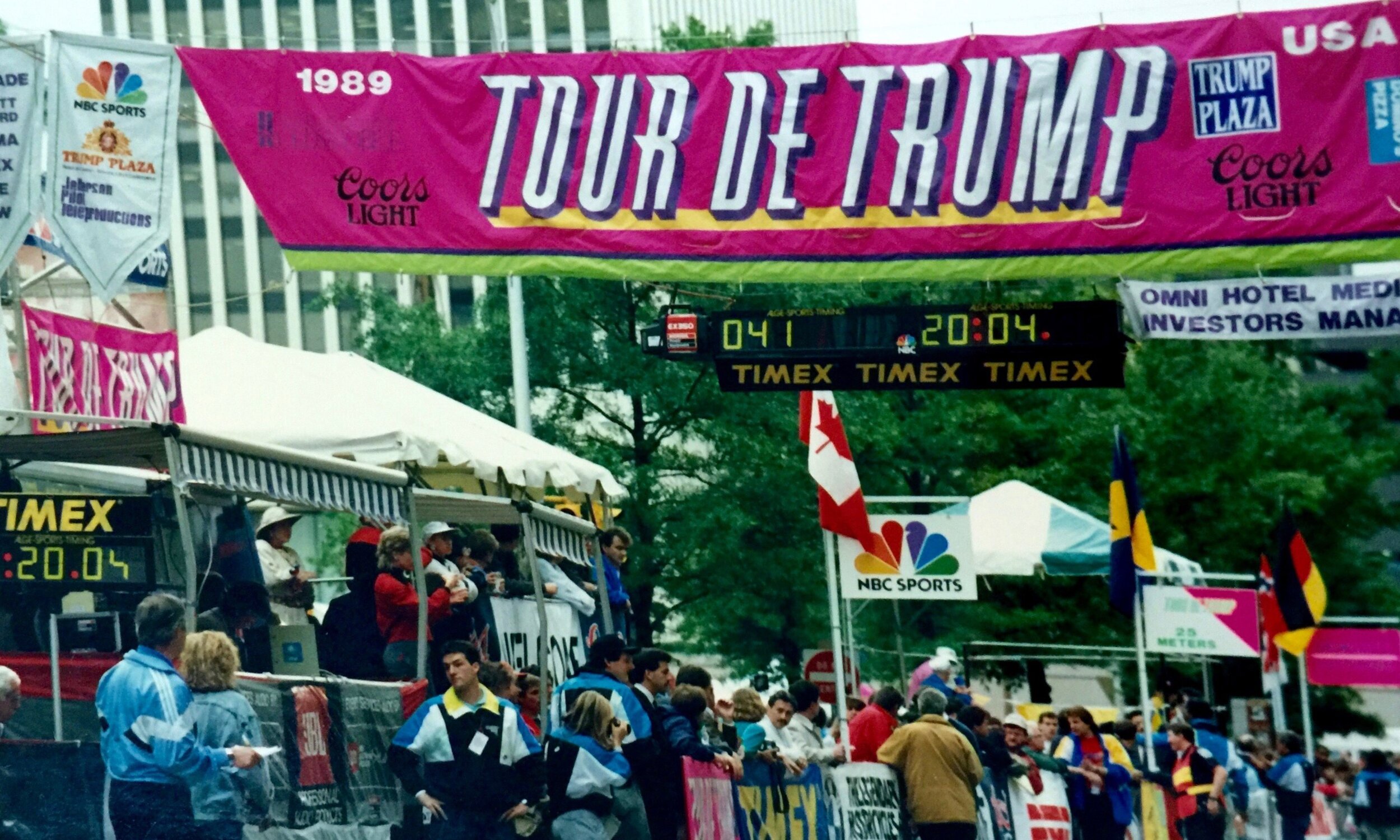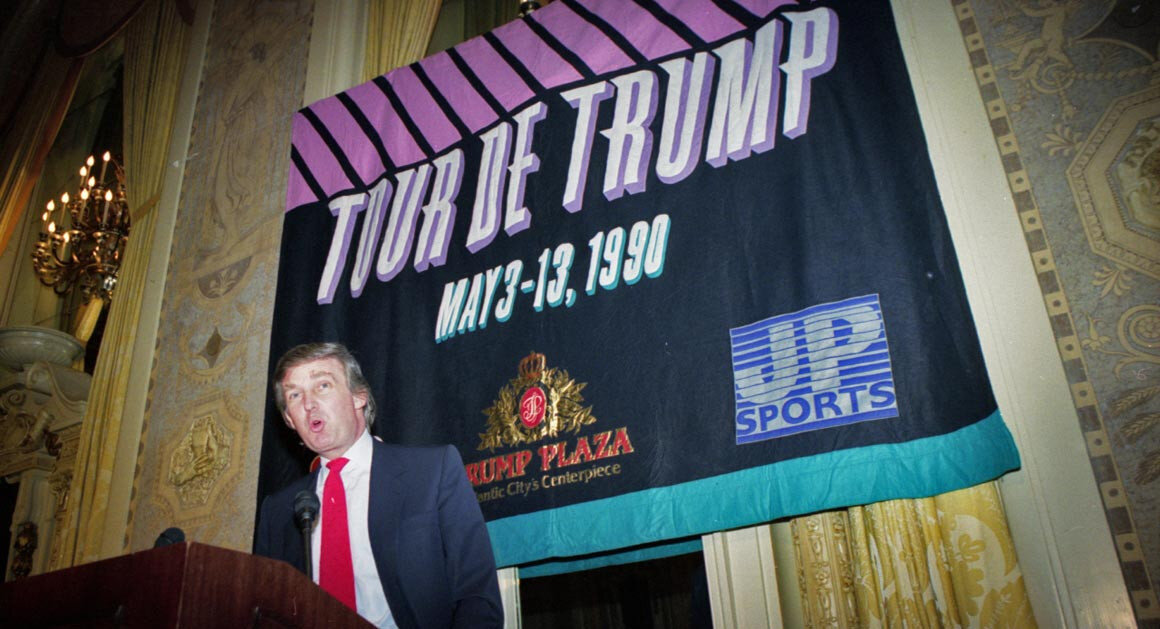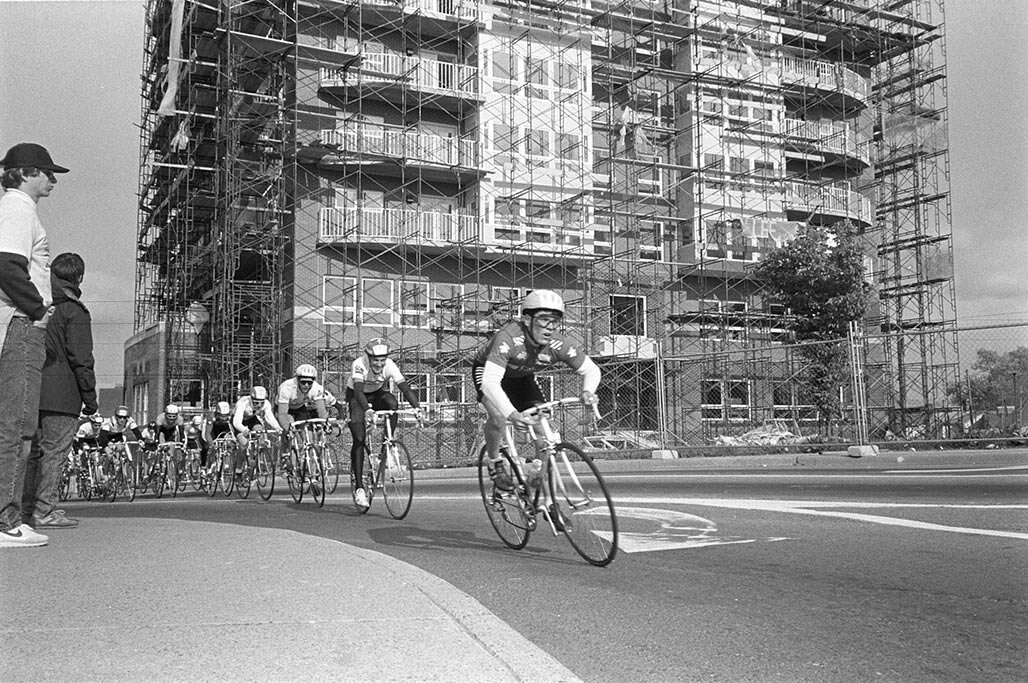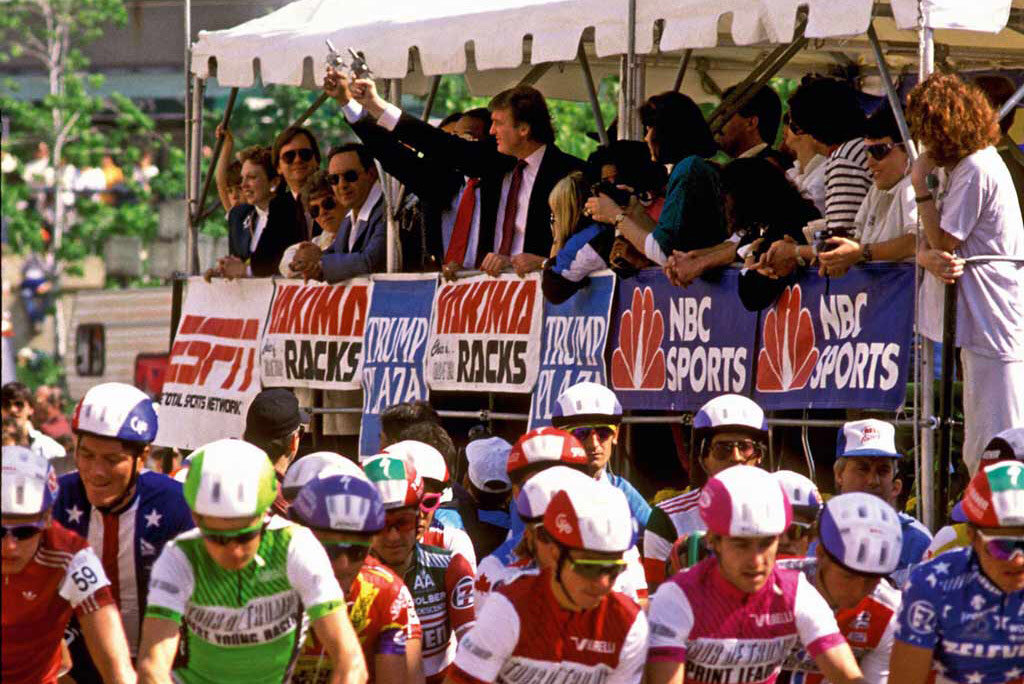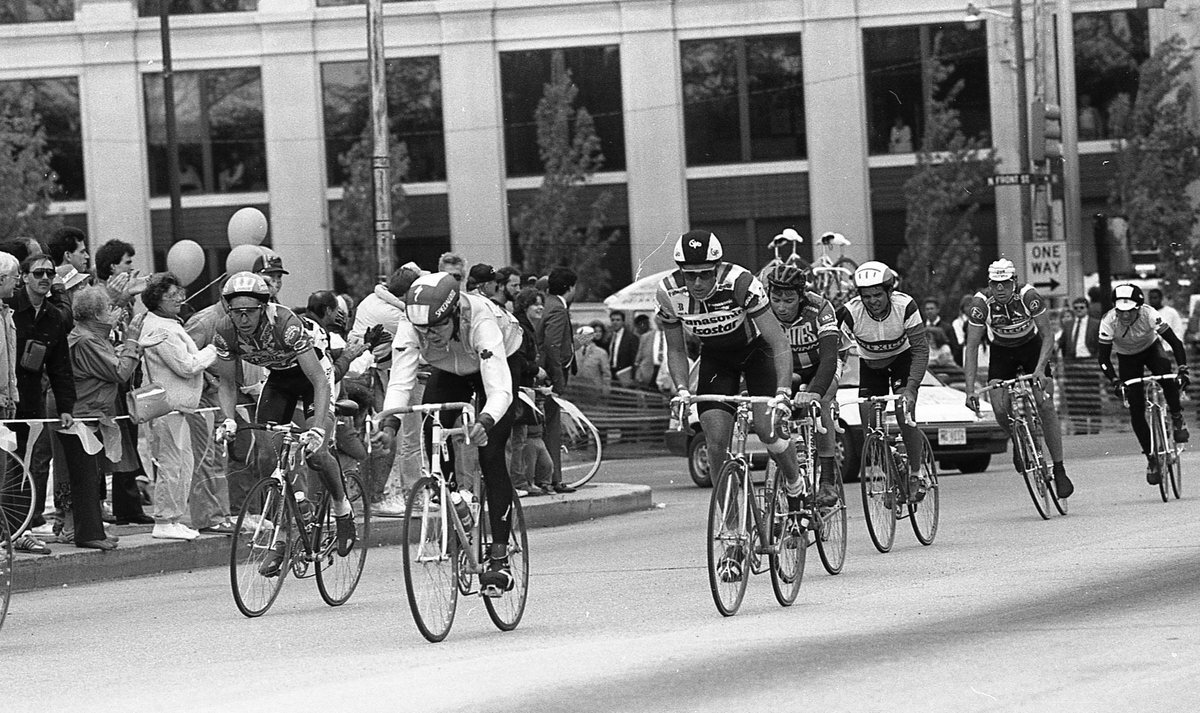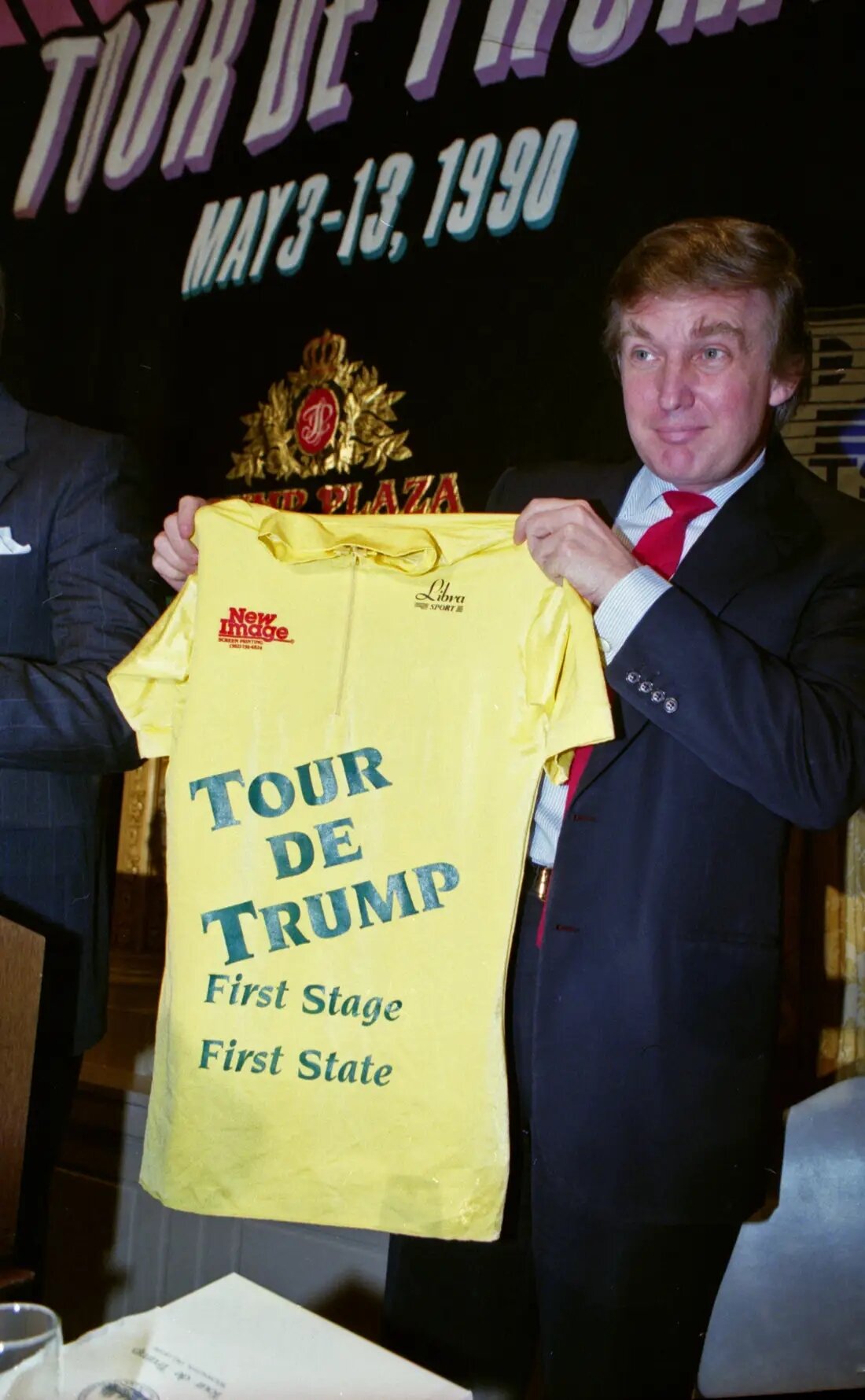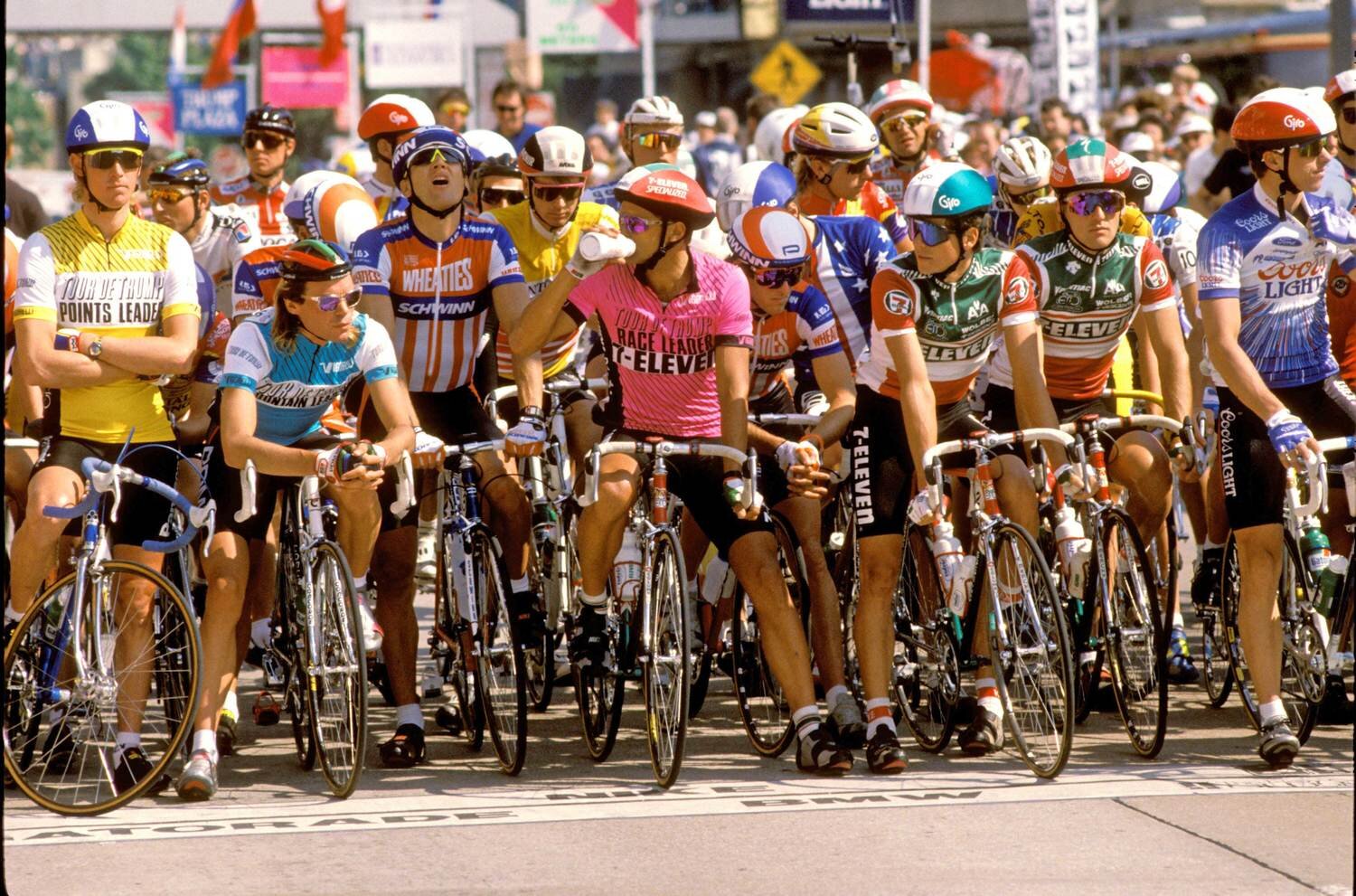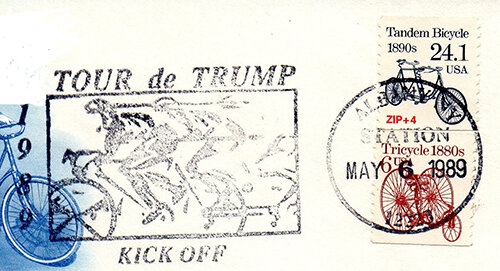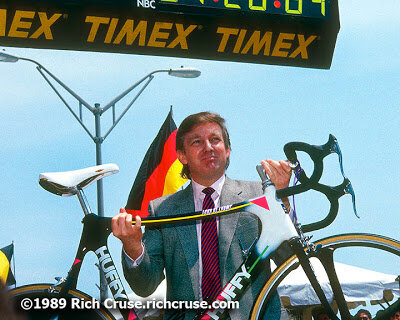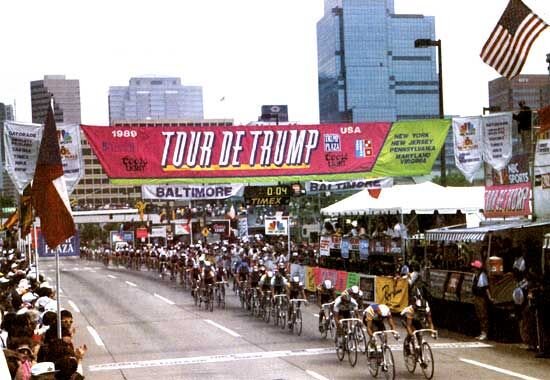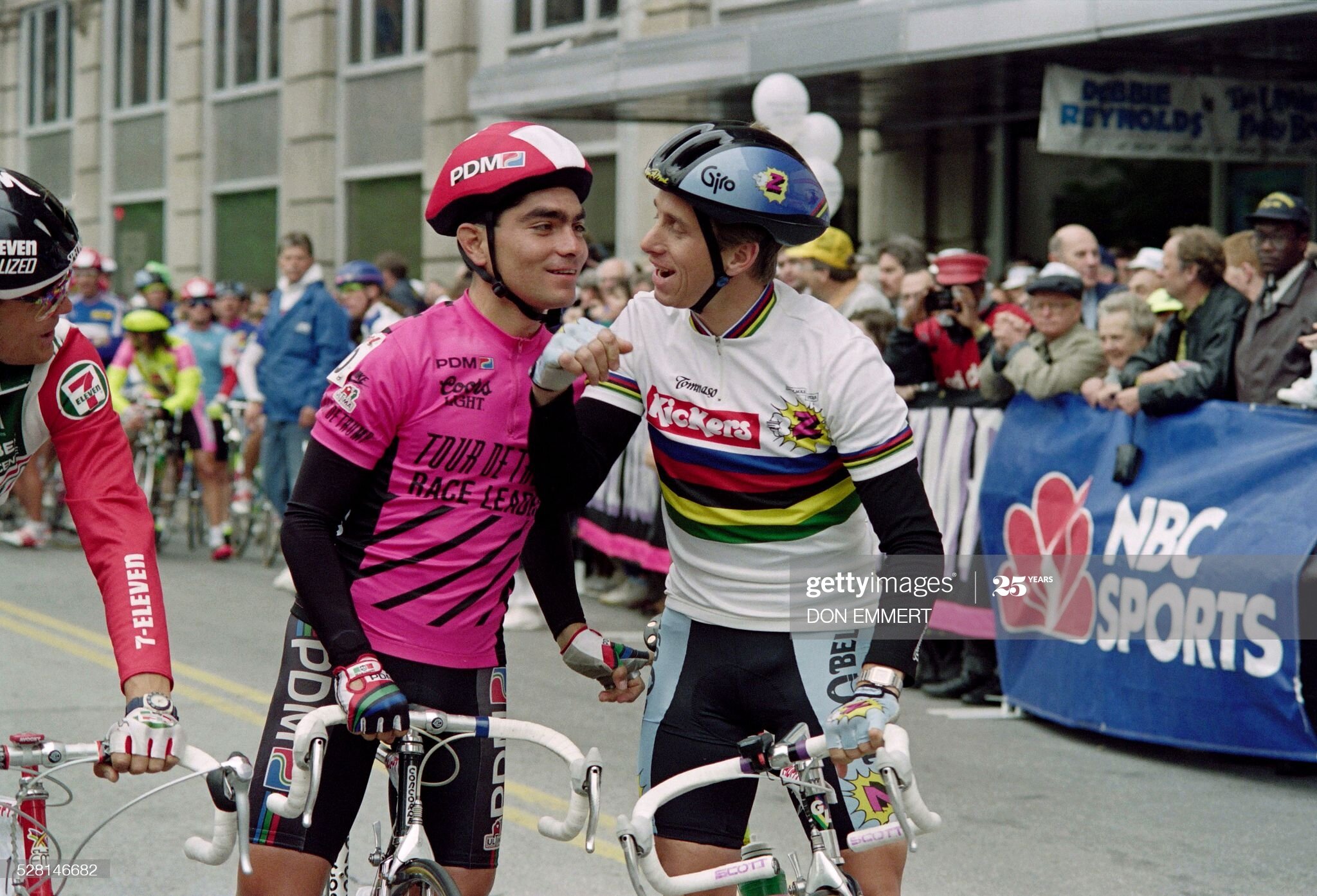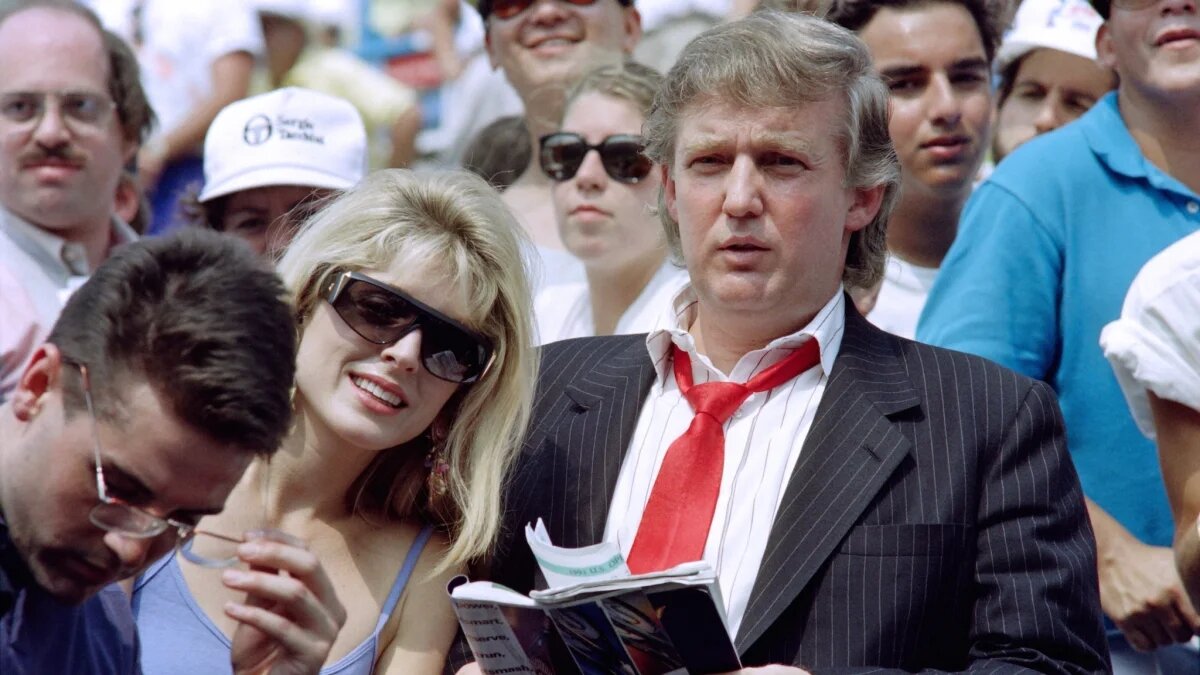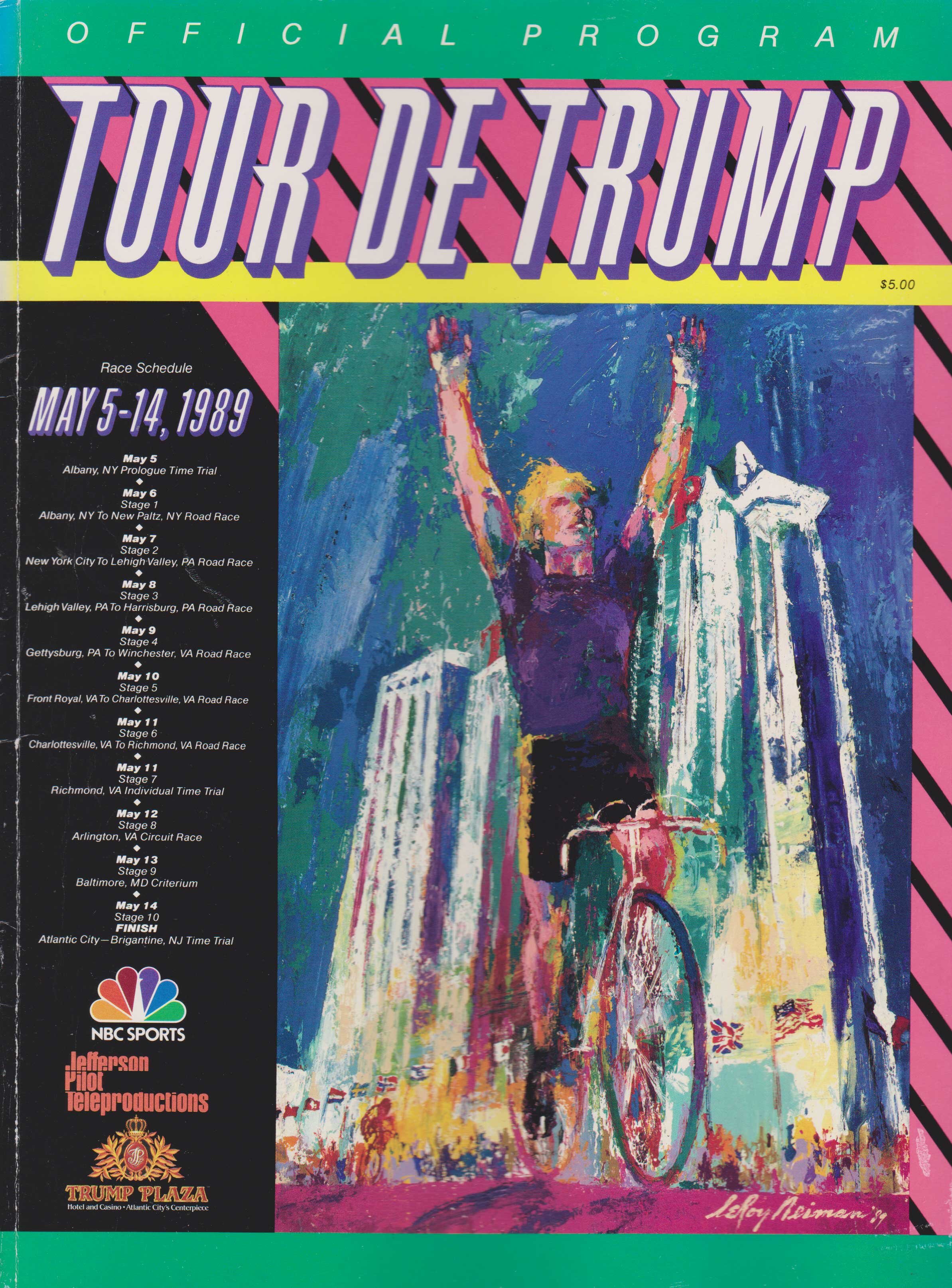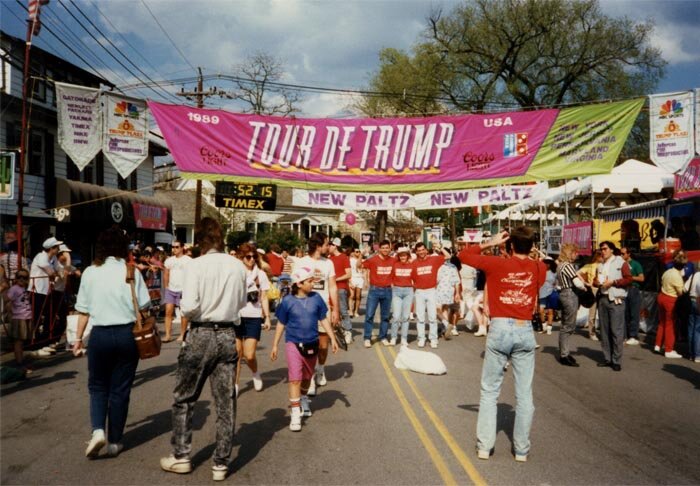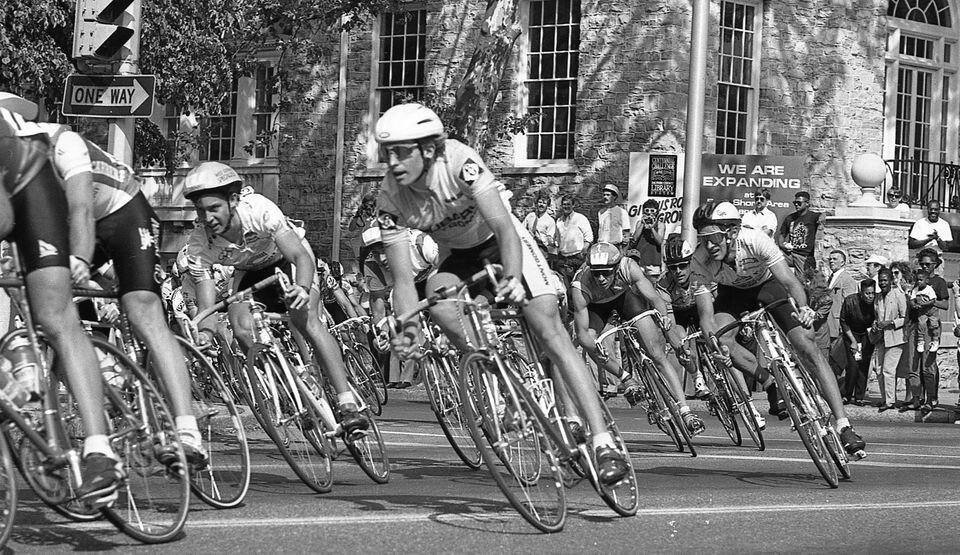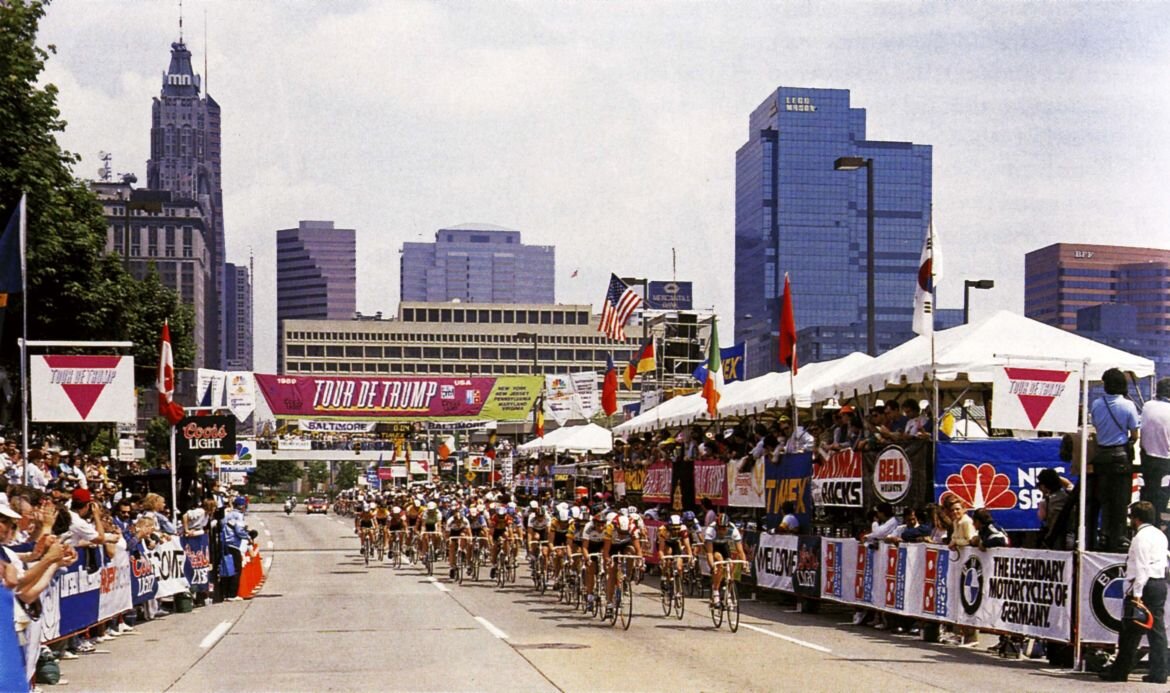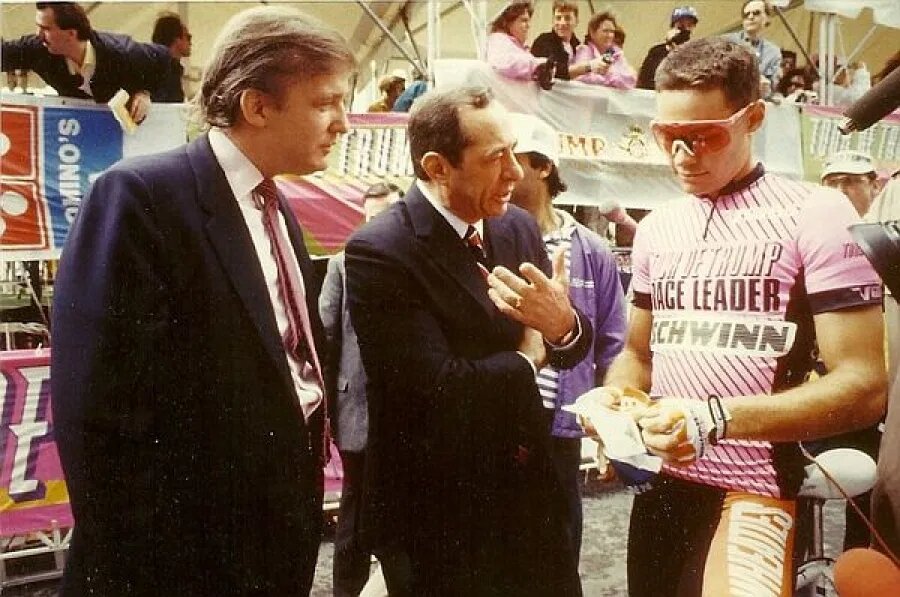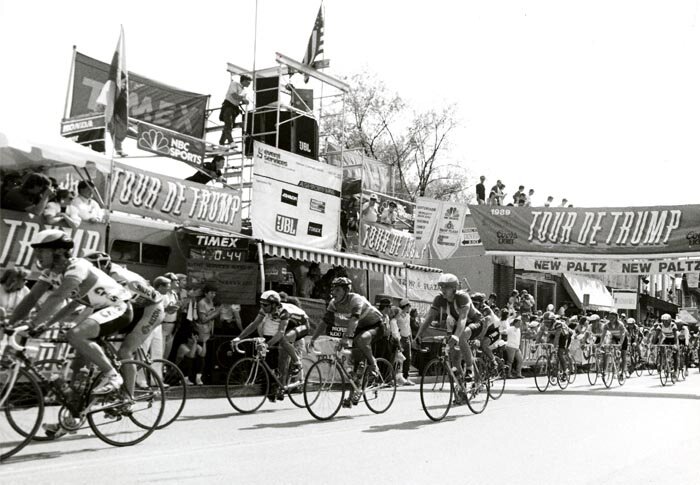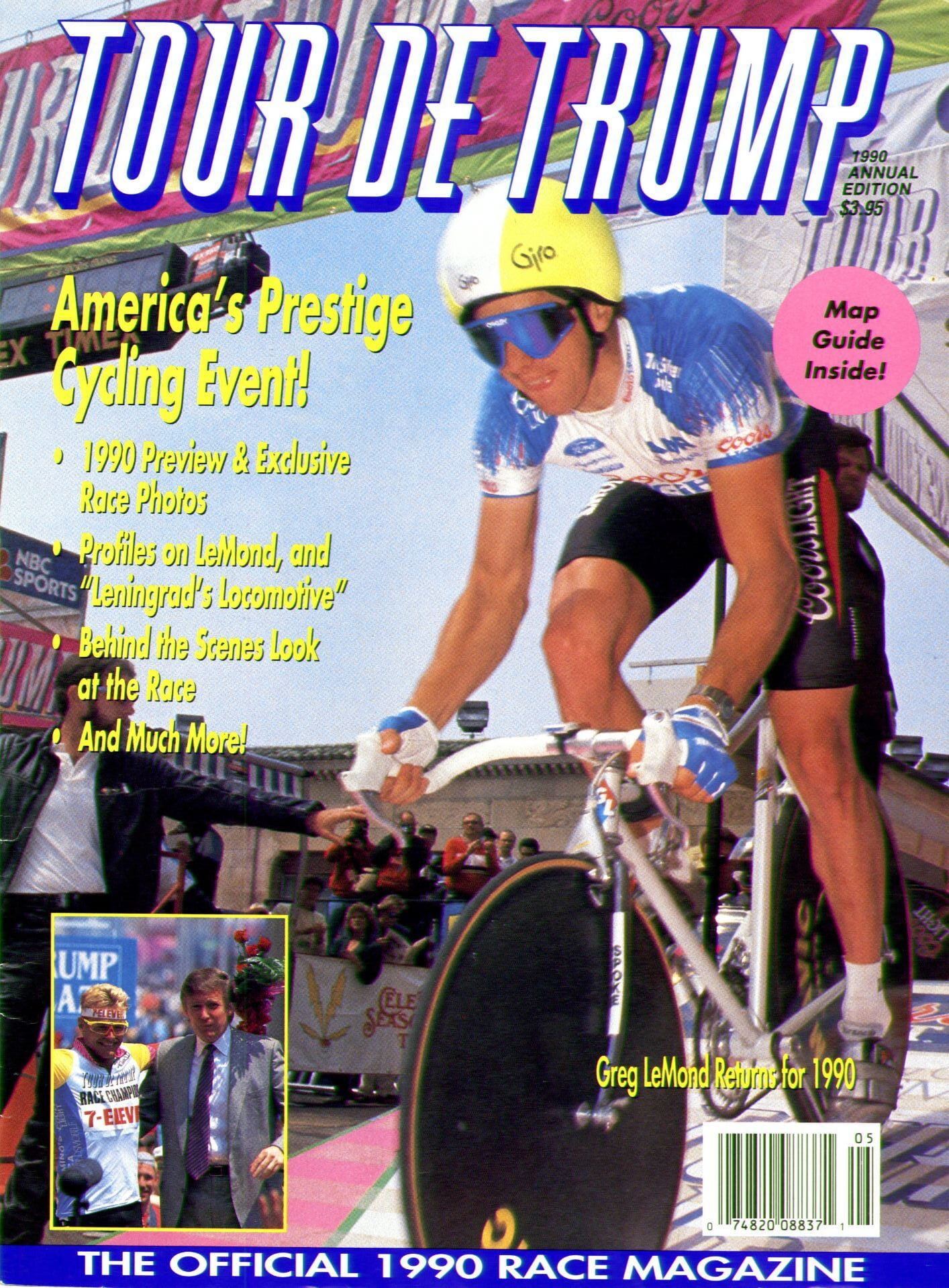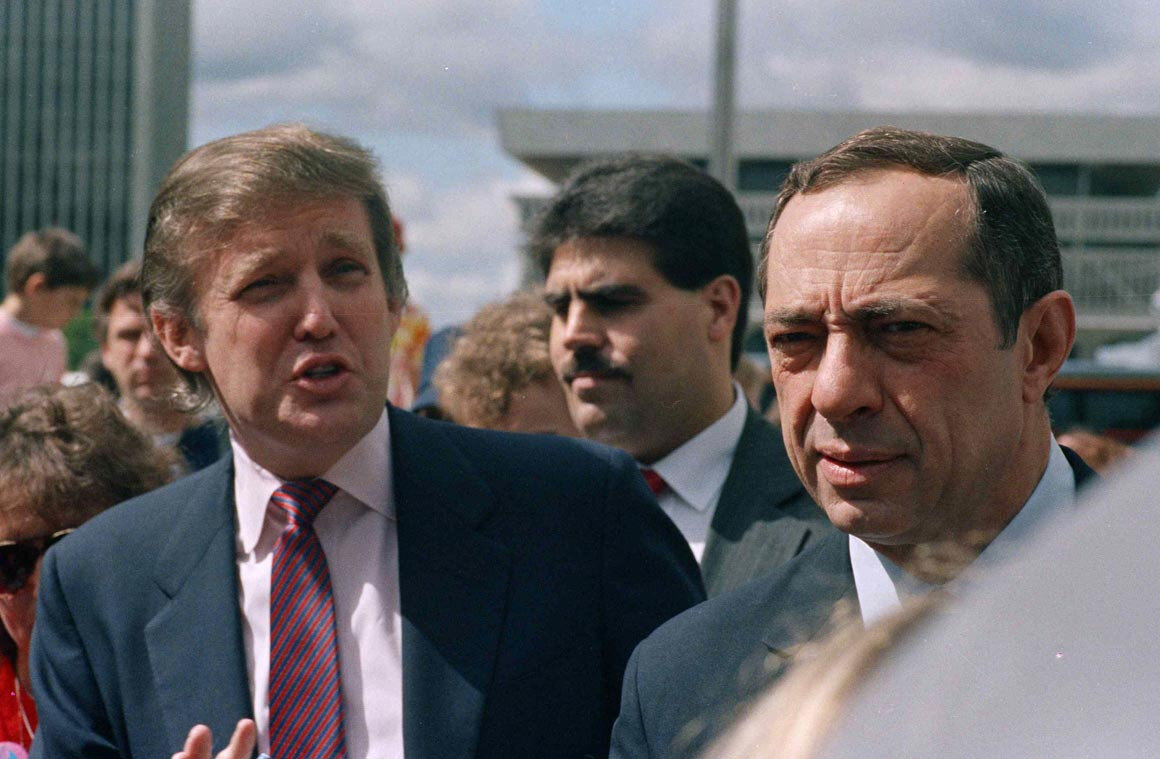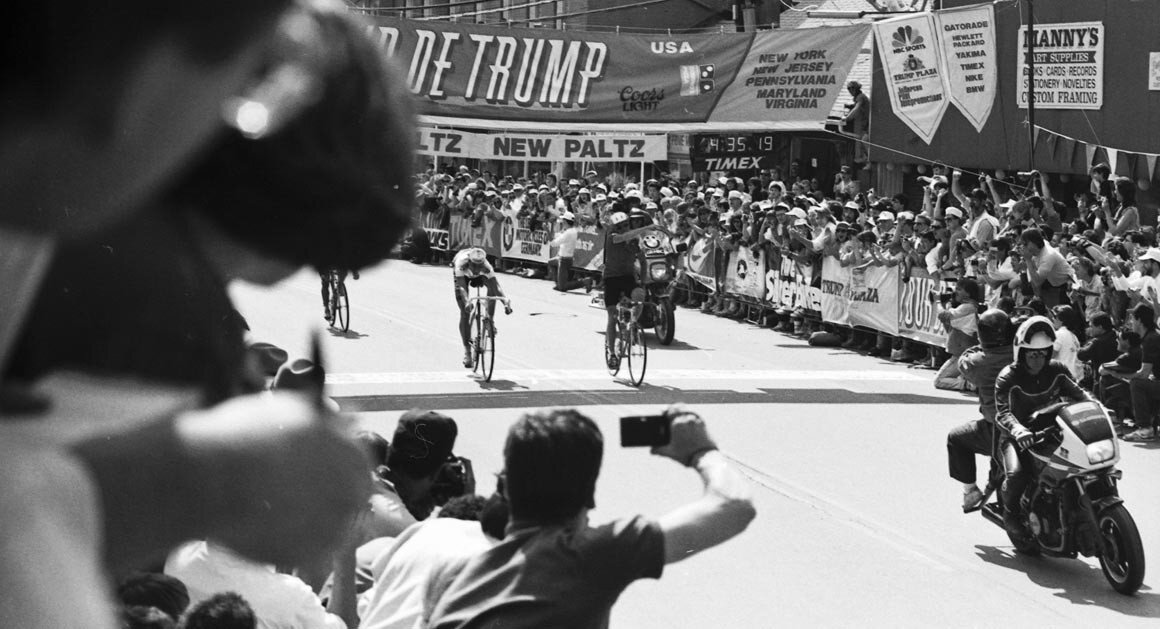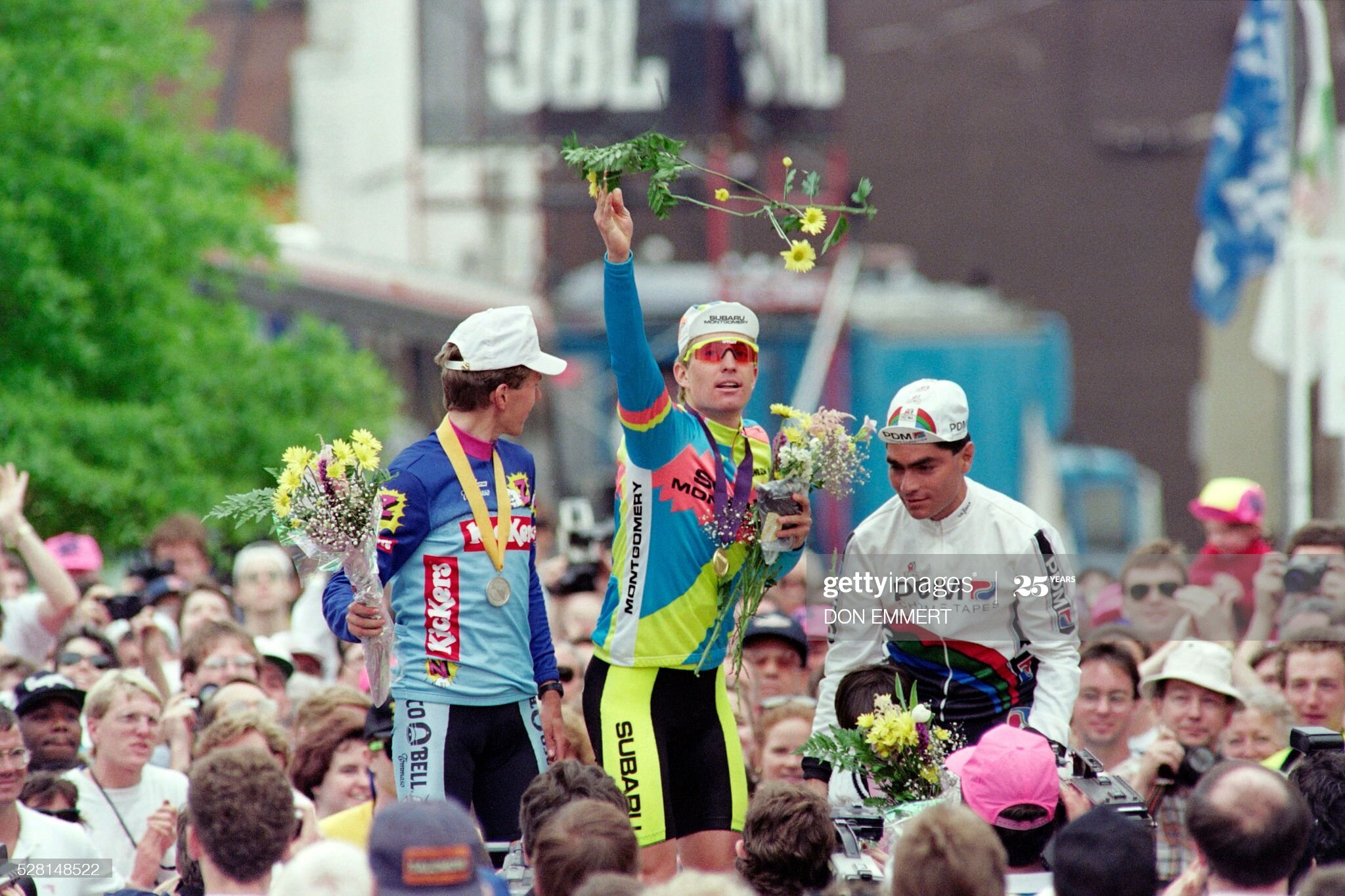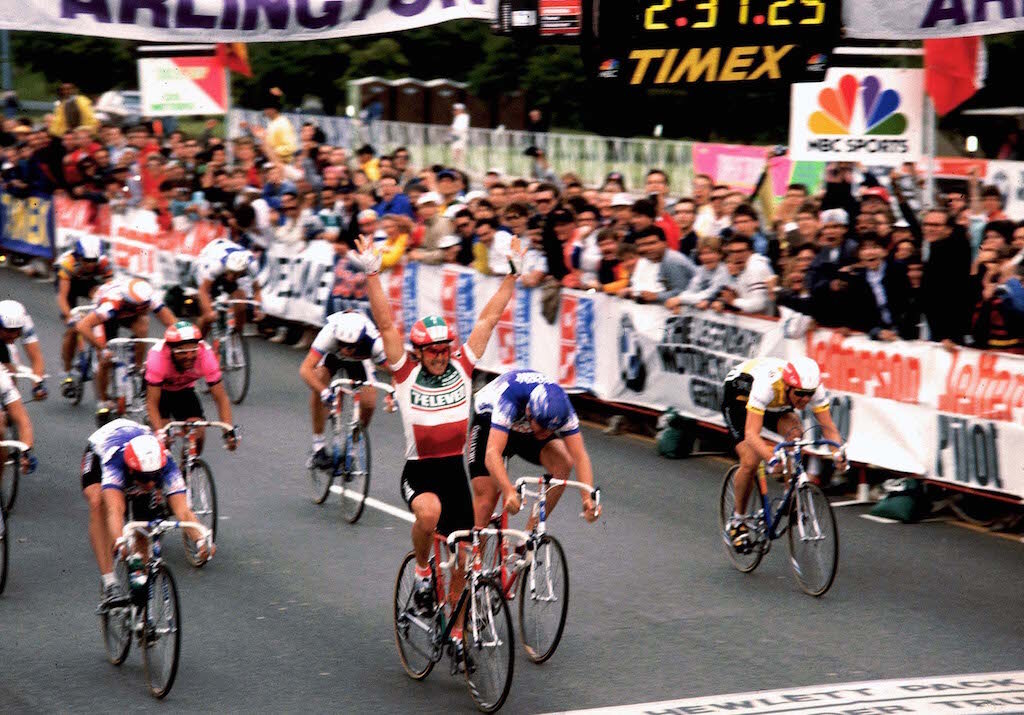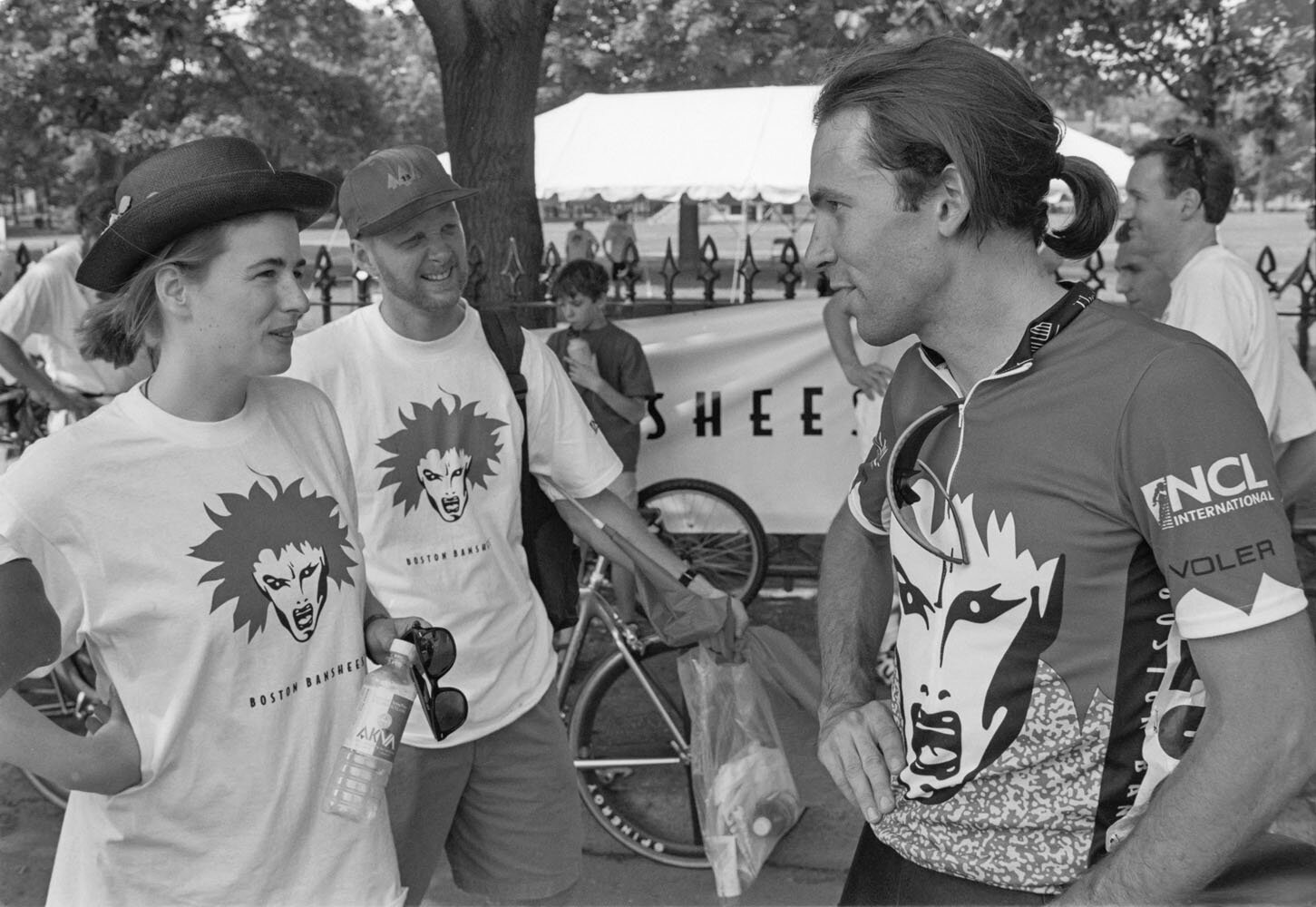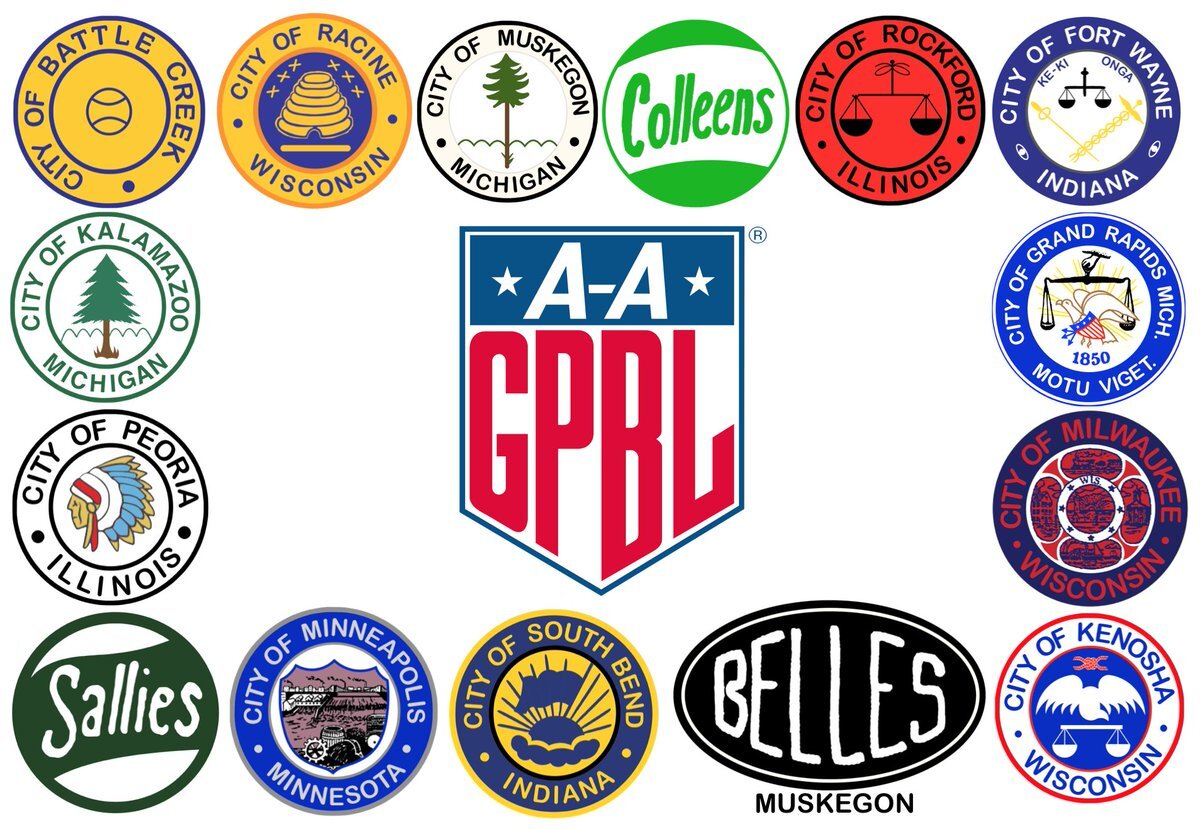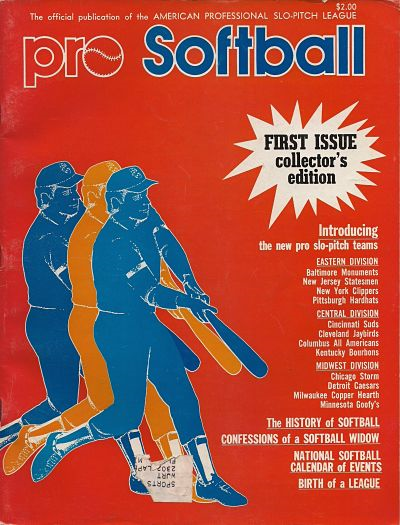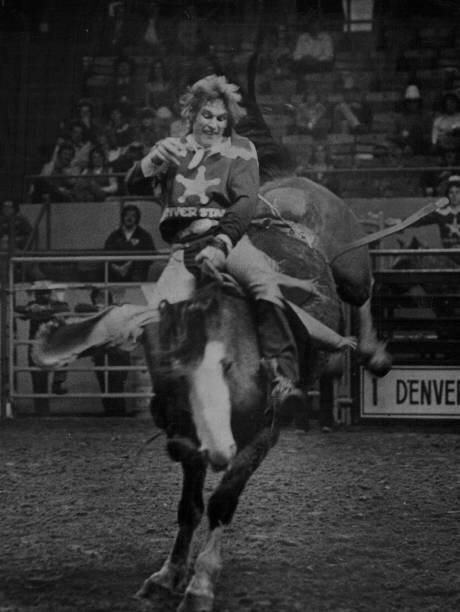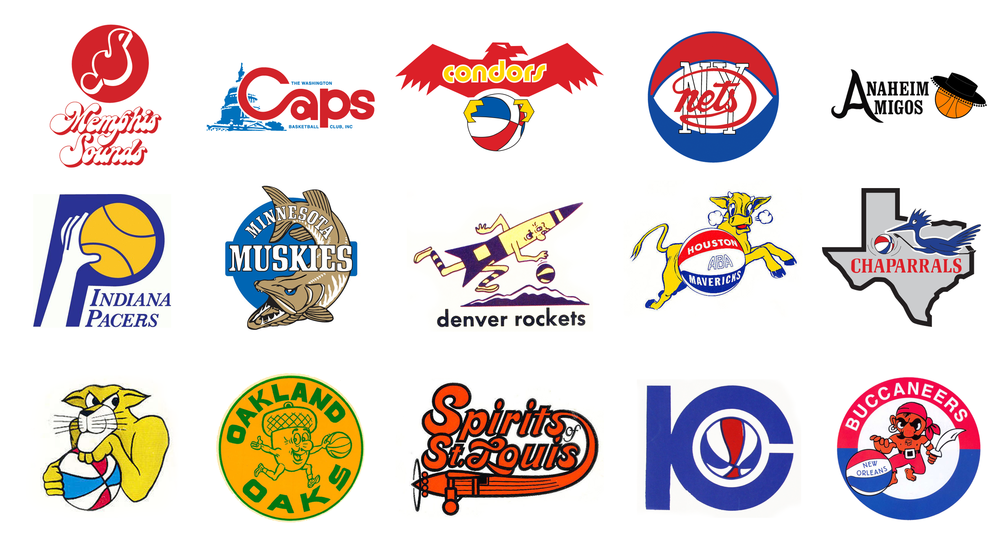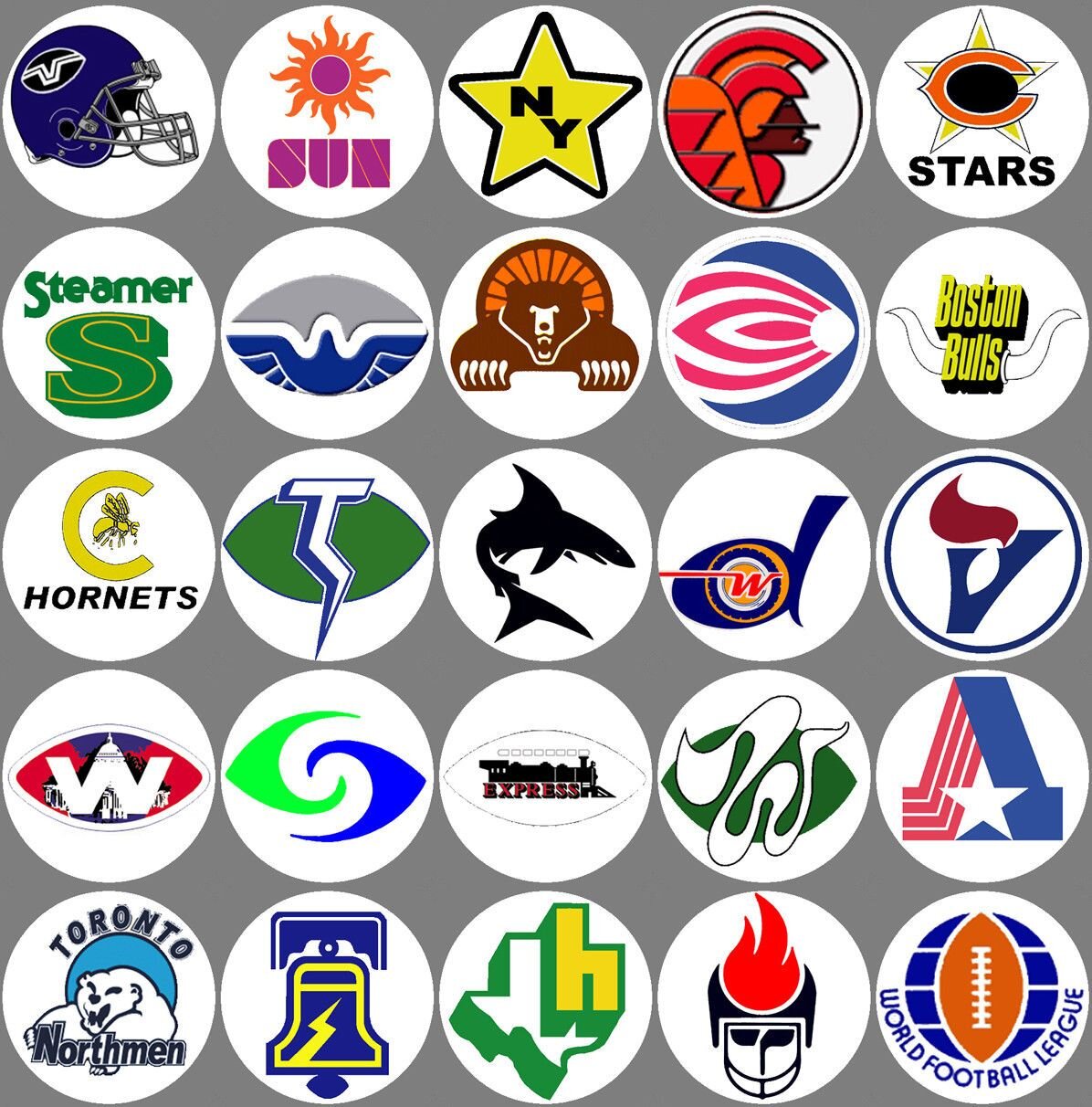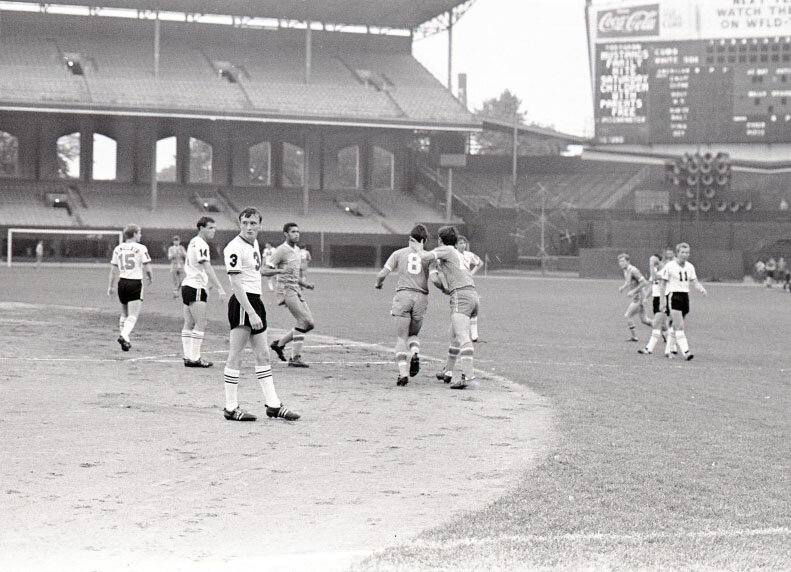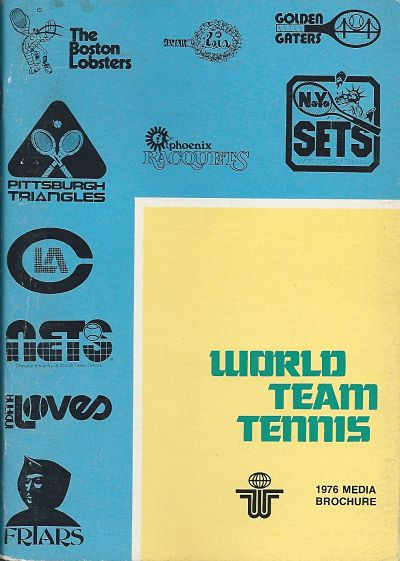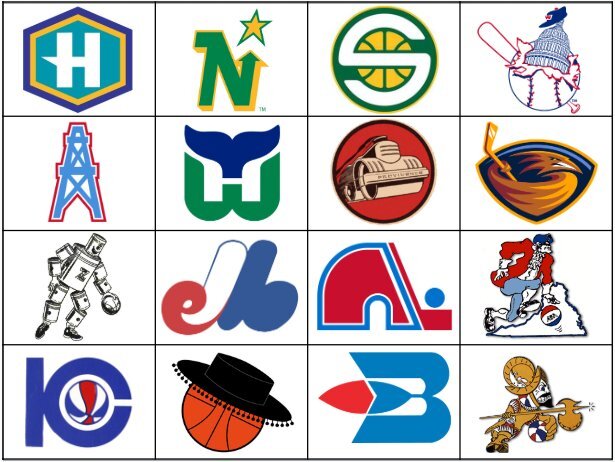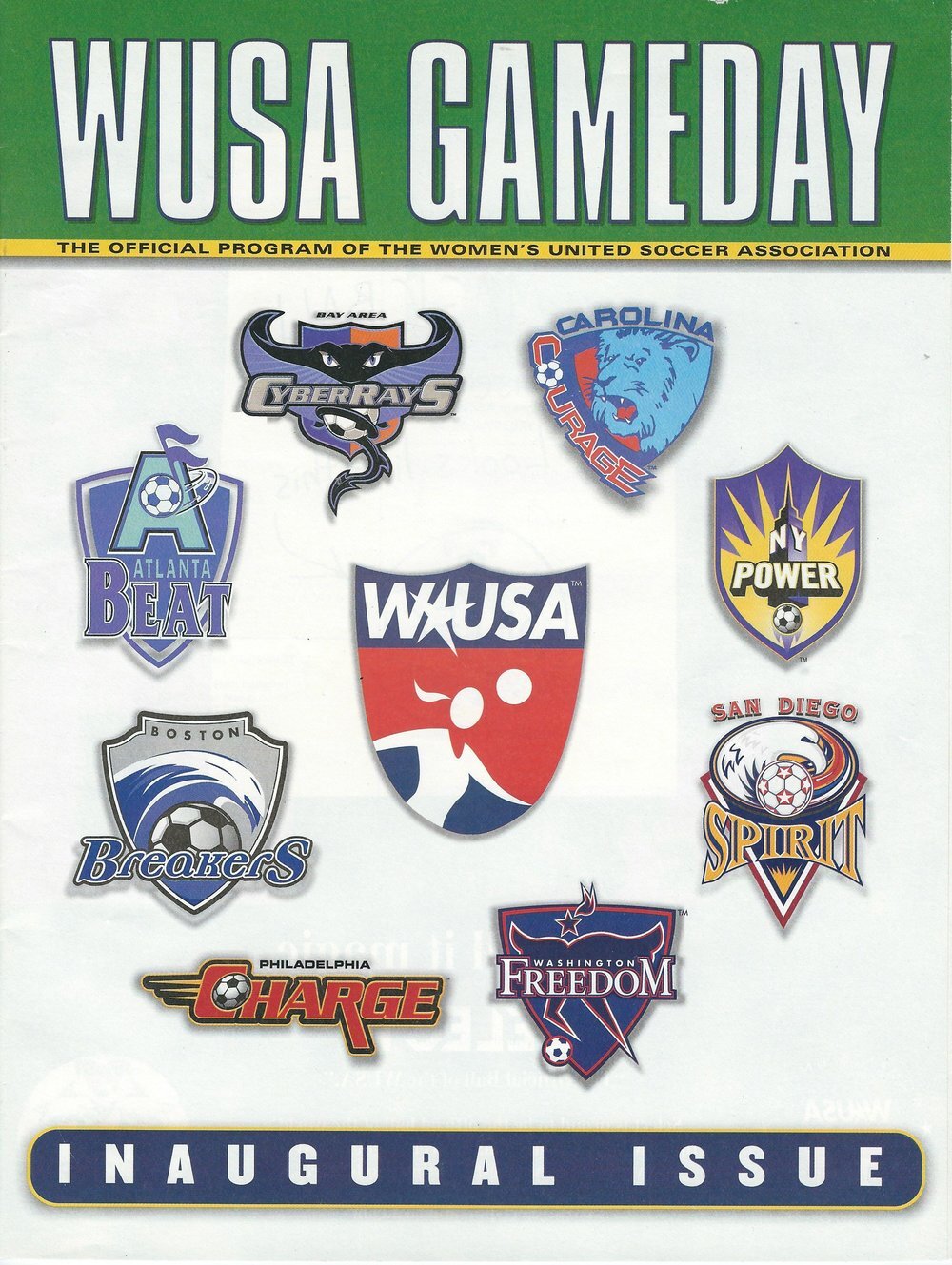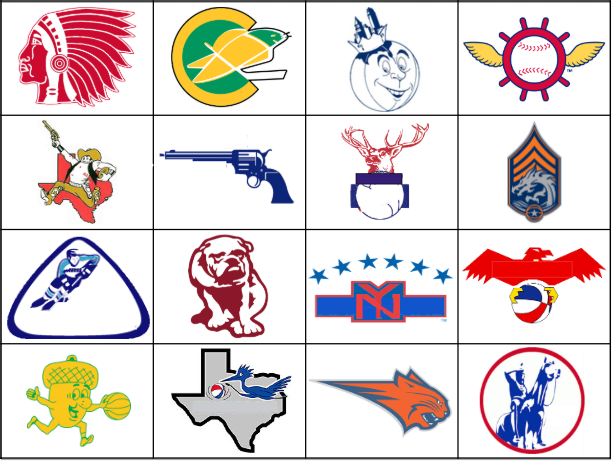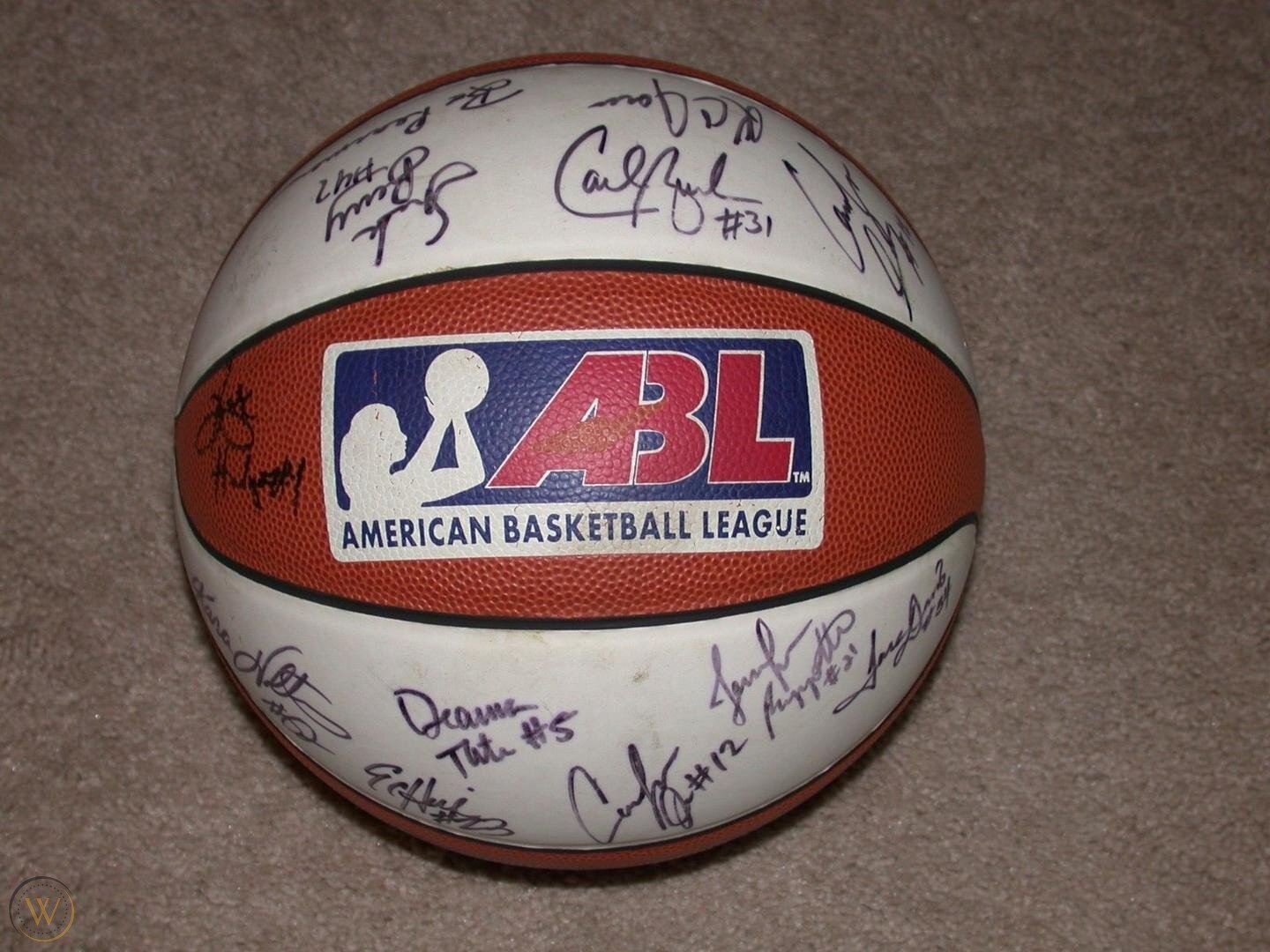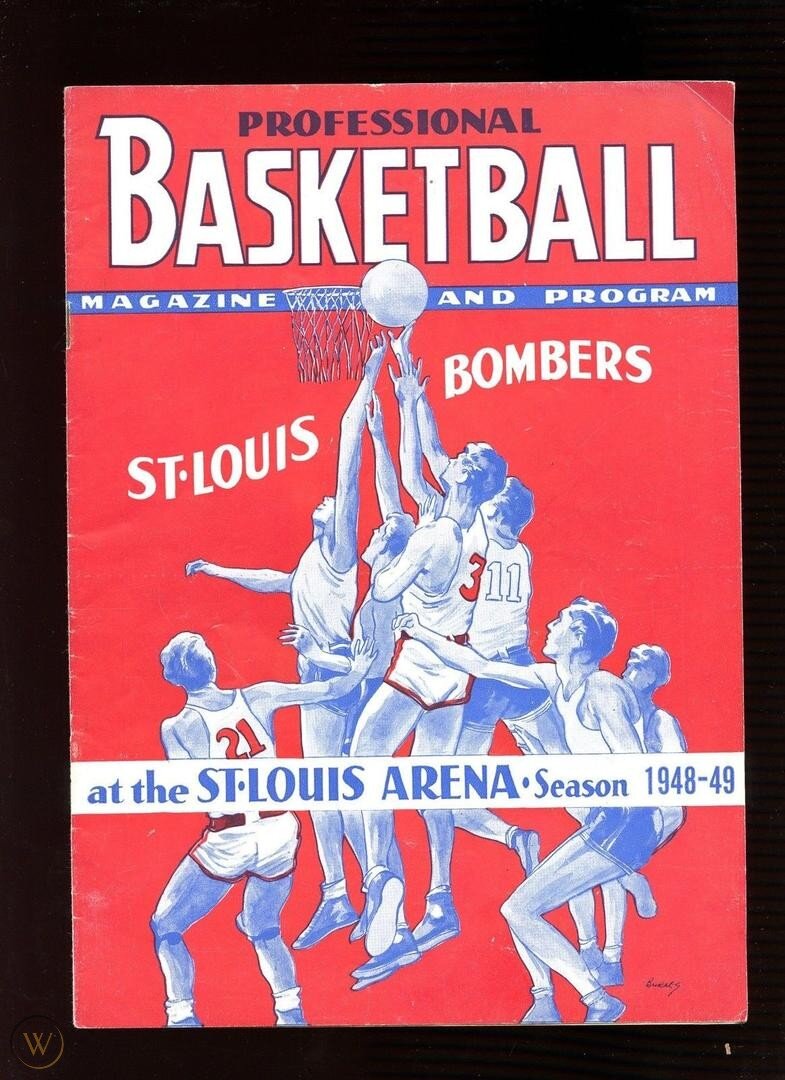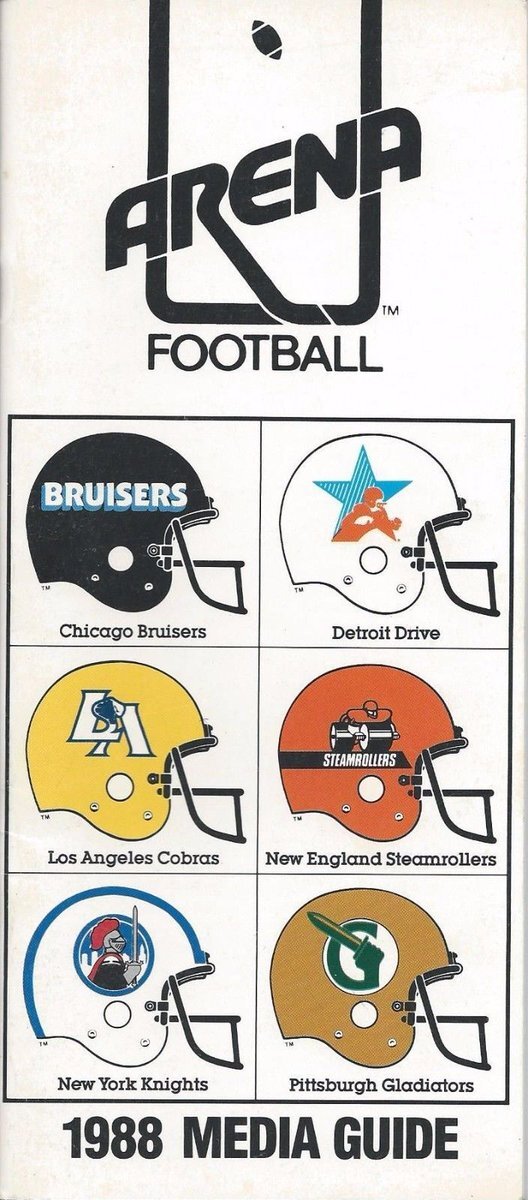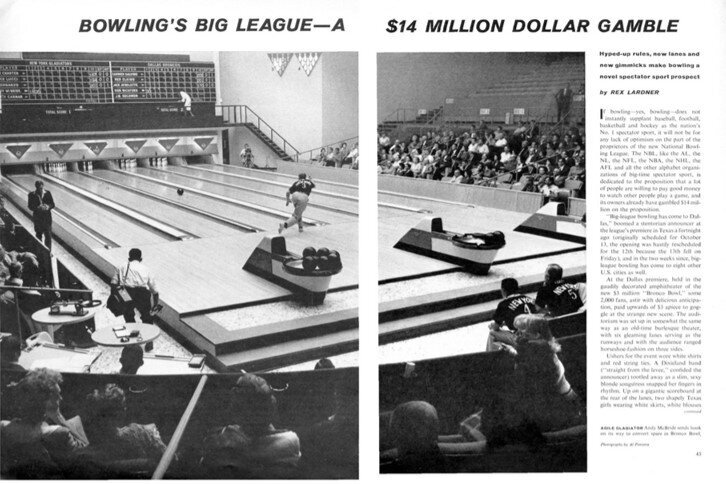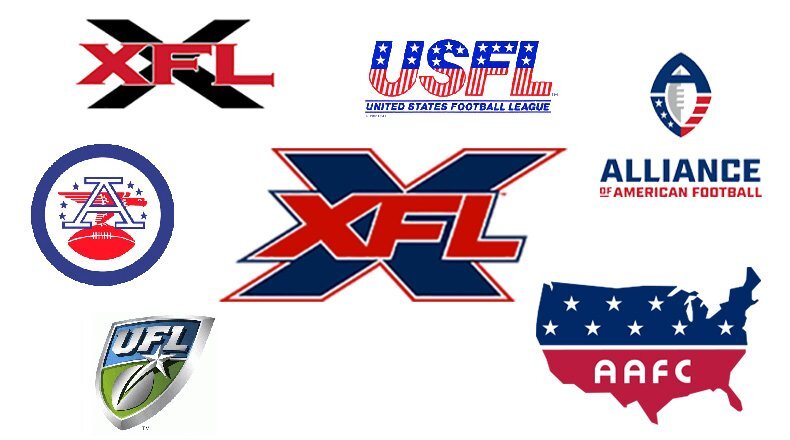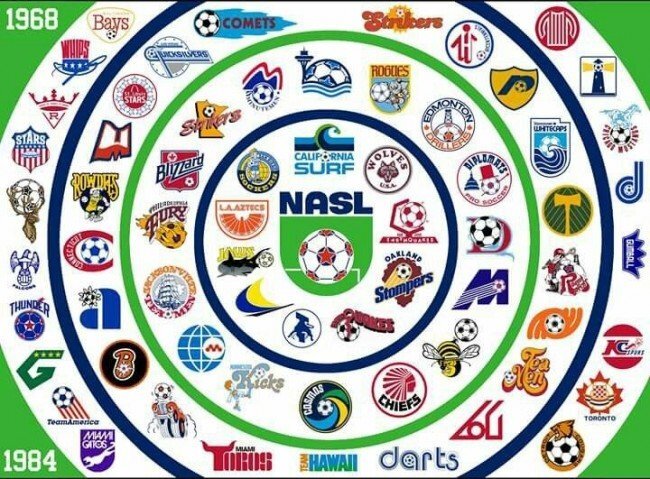Cycling writer/historian Peter Nye (Hearts of Lions: The History of American Bicycle Racing) joins the podcast this week to help us understand the long and curious backstory behind the 1989 launch of the Tour de Trump - a major world-class cycling event that, for a brief period, aspired to become the American equivalent of the sport's iconic Tour de France.
Once the king of sports in the US at the turn of the 20th century (prominent cycling competitions in the early 1900s routinely drew thousands of paying spectators, attracted significant wagering action and stretched across multiple days), bicycle racing fell precipitously from the national sporting spotlight in the decades that followed - until major outdoor stage races backed by progressive sponsors like Celestial Seasonings and Coors rekindled interest during the late 1970s/early 1980s.
Buoyed by building enthusiasm for the sport from CBS' increased television coverage of the Tour de France in the US, an unlikely alliance - sports TV host/music composer John Tesh, college basketball analyst/entrepreneur Billy Packer, Olympic sports management executive Mike Plant, and a bombastic, egocentric real estate baron-cum-personal branding nightmare named Donald Trump - conceived an East Coast "Tour de Jersey" in an attempt to compliment and eventually rival the French spectacle.
After Packer convinced an already-controversial Trump to lend his name to the enterprise, sizable increases in media attention, rider interest, corporate sponsorship, and prize money were assured - at least until Trump's (first set of) corporate financial woes forced him to bail after only two Tours.
Still, the later-renamed Tour Du Pont lasted six more seasons, all the while elevating competitive cycling to a level the US had not seen in decades - and, arguably, hasn't since.

